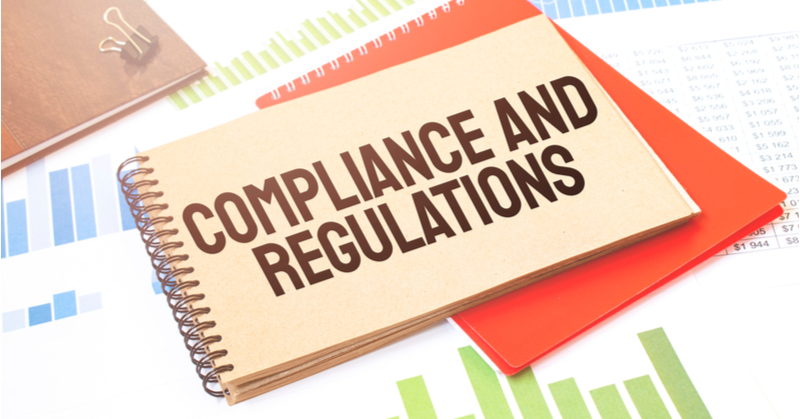When you think of sales and use tax compliance, unclaimed property (UP) compliance always comes to mind, right? I presume this finds you shaking your head and muttering under your breath about how ridiculous that sounds. Of course, UP is not always the first thing that is associated with sales and use tax. However, when you think about sales and use tax, the process of money transfer and subsequent payments, there is always the potential risk for UP to arise.
Helping your clients understand UP, and how it may apply to their business, is essential to maintaining overall tax compliance. Once you recognize your clients’ UP obligations, it will be easier to comprehend how it ties to their sales and use tax obligations as well. Compliance is compliance, and both UP and sales and use tax are a legal responsibility of doing business in the United States.
UP and sales and use tax are not directly related ― one does not create the other. However, when companies are considering their sales and use tax regulatory obligations, considering potential UP regulatory obligations should be occurring simultaneously.
It has been estimated by states and audit firms that less than 20% of organizations are in full compliance with UP law. Companies across numerous industries often don’t know they have an UP obligation until they find themselves under audit or receiving a compliance invitation letter from a state. As states look to cover revenue shortfalls, UP is a prime target for recouping revenue through compliance enforcement. When businesses are evaluating compliance for sales and use tax, UP should be a natural part of that regulatory consideration.
Unexpected examples of unclaimed property
No industry is immune from the regulatory requirements of unclaimed property. For retail organizations, UP can present itself through such transactions as uncashed payroll checks, credit balances or even unused gift cards. If a retail organization sells gift cards, but they end up not being used by customers, that could be considered unclaimed property in some reporting jurisdictions.
Furthermore, a retailer may not realize that different states could have different reporting requirements for companies to follow. For example, let’s say a retailer is incorporated in Iowa but is conducting business with organizations in Colorado, New Mexico and Minnesota. That retailer must follow UP reporting requirements for each of those three states if the last known address was with that vendor in those respective states. The retailer cannot assume that each of those states has similar reporting requirements to Iowa.
How audits can reveal unclaimed property
Audits are another way that companies could realize that they have an UP compliance obligation. Internal audits may uncover a compliance gap and allow a company to engage with a vendor, like Sovos, to guide them through the process of coming into compliance with the states, thereby minimizing any potential penalties and fines.
Additionally, external audits have been known to target specific industries. If an unclaimed property audit of a competitor in your industry uncovers a failure to comply, that could lead to future audits focusing on your industry, exposing you to audit risk. The state might decide that if one business had an issue, then the issue might be industry-wide.
Comparisons between state tax filings and unclaimed property filings could also reveal potential instances of a compliance gap. If a company makes a tax filing to the state, but is not reporting UP, that could pose a red flag and initiate state compliance review.
Non-regulated industries and non-financial institutions don’t always realize that failing to account for UP could put them at risk. Everything from payroll to vendor checks to uncashed gift cards to customer overpayments needs to be thoroughly reviewed to ensure that there are no cases of UP. Furthermore, each department should be evaluated because the possible exposure could occur in any area of a business.
Once you understand UP liabilities, it’s time to create an action plan and set of policies and procedures for regularly checking for potential UP. Working with the right partner can help build out a compliance plan, streamline unclaimed property due diligence and reporting and create a year-round calendar to maintain compliance.
.png?width=150&height=63&name=TWRlogo-regmark_blueblack%20(1).png)
.png)










Do you have questions about this article? Email us and let us know > info@woodard.com
Comments: